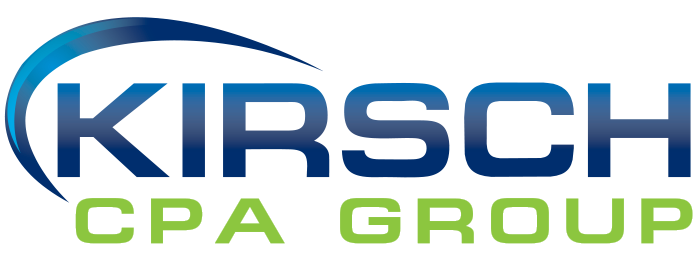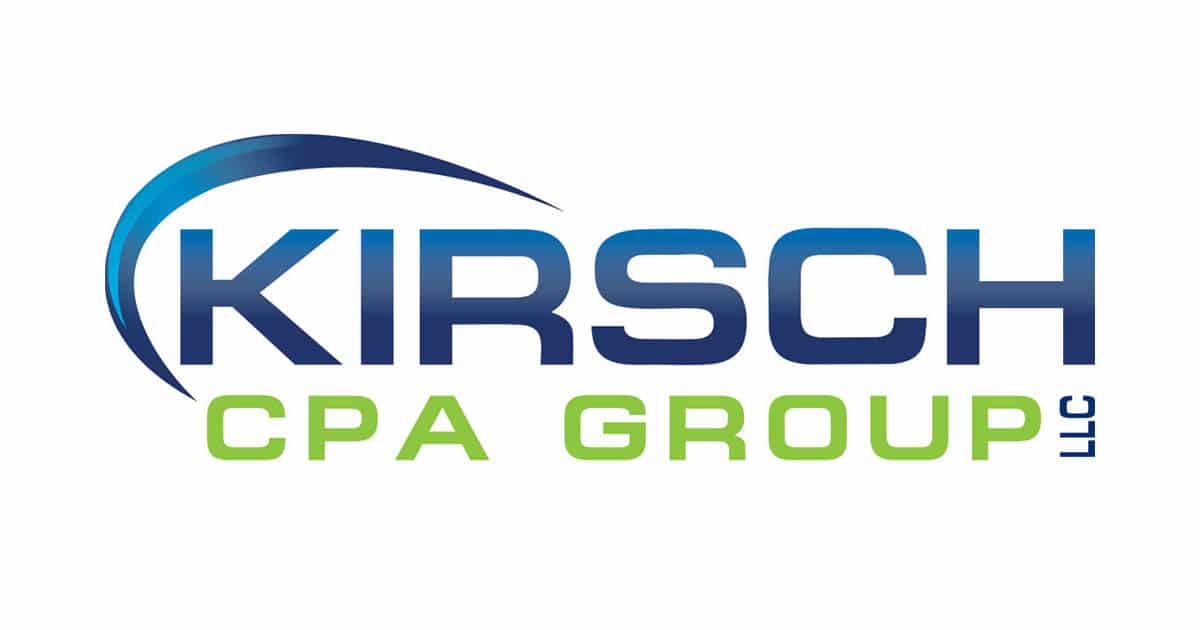Who Will Run Your Business After You?
Jul 23, 2020

If you’re a business owner, do you have a plan in place that names who’ll follow you as head of your company? You may feel you’re too busy running the business today to waste time on long-term plans that seem so distant. But there may be more reasons than you think to make decisions, some of which will benefit you today. A well-thought-out plan will:
- Allow you to shape the fate of your business,
- Preserve the value of your business during a transition,
- Reduce income and estate taxes, and
- Minimize the risk of intrafamily discord, when children play a role in your business.
Whatever you decide to include in your business succession plan doesn’t need to be cast in stone. But just like a last will and testament, while you can, you need to make your future wishes known, and still allow for changes during your lifetime. Depending on the particulars, you can modify your plan as circumstances change. The trick is to be careful not to make promises you might not be able to keep.
Also similar to creating a will, you don’t have to reveal the full contents of your business plan to all impacted parties immediately, though some plans should be made apparent early on. That’s especially true if you decide you’d like to pass your business to heirs and need to start preparing them for that contingency.
Define Your Bottom Line
Perhaps the most fundamental question that a succession plan needs to address is: how much value will you need to take out of the company to meet your retirement and estate planning needs? The answer will influence whether you’ll need to sell the company or transition some or all of the ownership to your heirs, assuming you have heirs willing and able to do so. If transitioning ownership is the plan, you can employ technical experts to use tax-efficient strategies, such as gifting, to achieve that goal.
If you lack suitable heirs, an alternative to selling the company to an outside buyer is trying to facilitate the purchase of the business by your key employees. That can’t be accomplished overnight and typically involves “nonqualified” (limited tax breaks) executive compensation plans, loans and possibly a “key man” life insurance policy.
Suppose you aren’t trying to pass the business on to your heirs and you want to pursue employee ownership of your company. A leveraged employee stock option plan (ESOP) could be a viable succession planning/ownership transition mechanism.
The ESOP trust borrows funds to purchase company stock from the business owner. Then units of stock are periodically awarded to eligible employees and, over time, vested. When those employees retire, their shares are repurchased by the ESOP, allowing those employees to benefit from any increase in the company’s value. Meanwhile, the company makes tax-deductible ongoing cash contributions to the ESOP trust to cover the loan it took out to buy the owner’s shares.
Secure Senior Management
Even if you expect to sell the company to an outside buyer, you could enhance and preserve its value if you downsize your role and transition management responsibility to your senior executives, including an heir-apparent CEO. Assuming the new team is successful, an outside buyer wouldn’t consider your departure as big a risk to the ongoing success of the company or worry about the need to make immediate changes to protect the investment.
Unless you plan to sell or hand off your business to children soon, it’s crucial to avoid planning solely by looking at the company as it’s structured today. Think instead about how various functions will be performed before your departure.
Suppose, for example, you’re thinking about stepping out of the picture in 10 years, and your business evolves along the lines you’re hoping it will until then. Would your organizational chart look the same then as it does now? What new roles and areas of expertise will be required a decade hence to run the business successfully?
If your business today is too small to accommodate your adult children on the payroll in key positions, perhaps it will then. Keep that in mind as you start to build your succession plan. At the same time, give children enough of an opportunity to receive proper training and demonstrate their capabilities and passions. If they aren’t up to the job, all stakeholders suffer, including your children.
Similarly, don’t limit your planning to focus exclusively on a future CEO. Think about the next management tier, and who’ll be filling those slots, and how they can develop the skills and experience to fill them well. Those decisions will be informed not only by looking at your company’s present needs, but the challenges you expect it to face in the future.
A Place for the Kids?
Whether you expect leadership roles and ownership stakes to be assumed by your heirs or by key employees, those stakeholders need to play a role in the succession planning process. It’s particularly critical in the case of children who may not have had much involvement with the company. In that situation, you can’t make assumptions about their desires, nor their capabilities, when folding them into a succession plan.
In a privately held company, it’s only natural for nonfamily member employees to wonder what will happen to their jobs when the principal owner retires. As noted, while you shouldn’t make promises that you may not be able to deliver on, key players will be reassured about their future if they believe you value them and expect them to remain on board after you leave the scene.
Today is Tomorrow for Your Business
Your succession plan should be a general roadmap for the future of your business without you, as well as to help inform your decisions about the business today. While it will likely require some precise legal arrangements (such as trusts, employment contracts, life insurance policies and executive compensation plans), don’t let the tail wag the dog. As noted, your succession plan can evolve as circumstances dictate. Having a plan is the goal, but don’t paint yourself into a corner.
Contact Kirsch CPA Group at 513.858.6040 for help with your succession plan or learn more about how we help business owners plan for your business after you.
Sign Up for Email Updates
Accounting & Financial News

Is Your Inventory Missing — Or Stolen? Ask an Expert
For many businesses, such as retailers, manufacturers and contractors, strict inventory…






